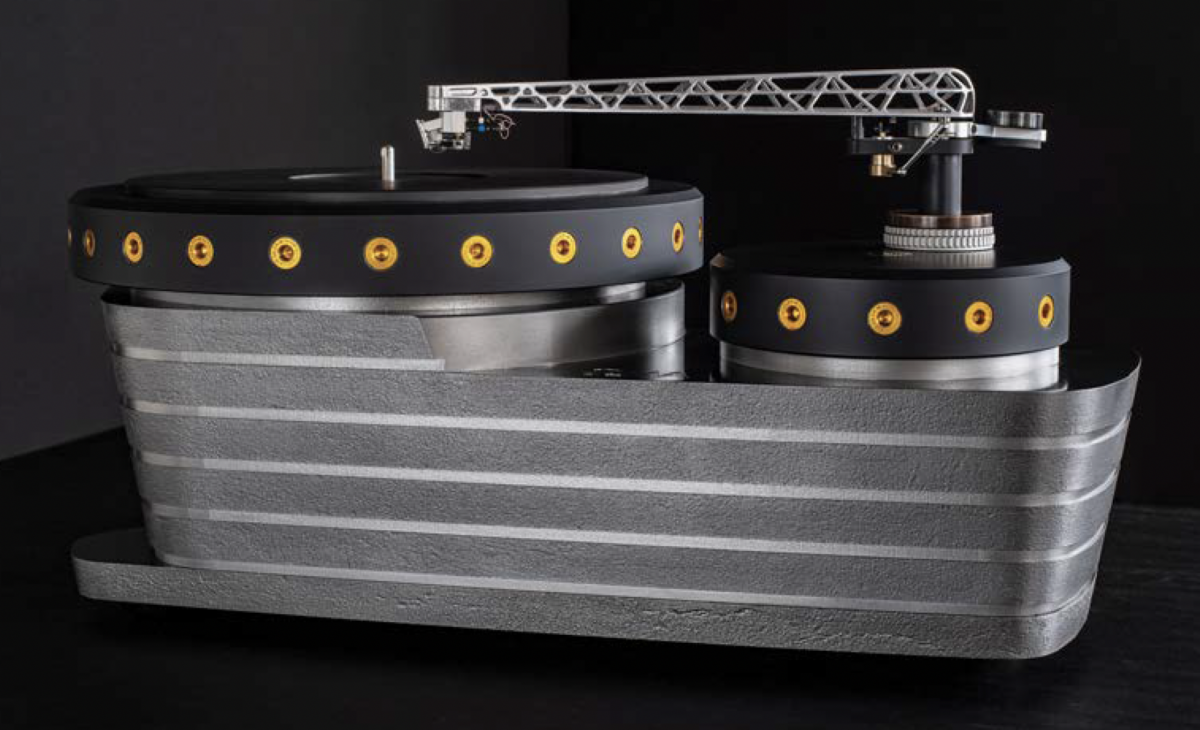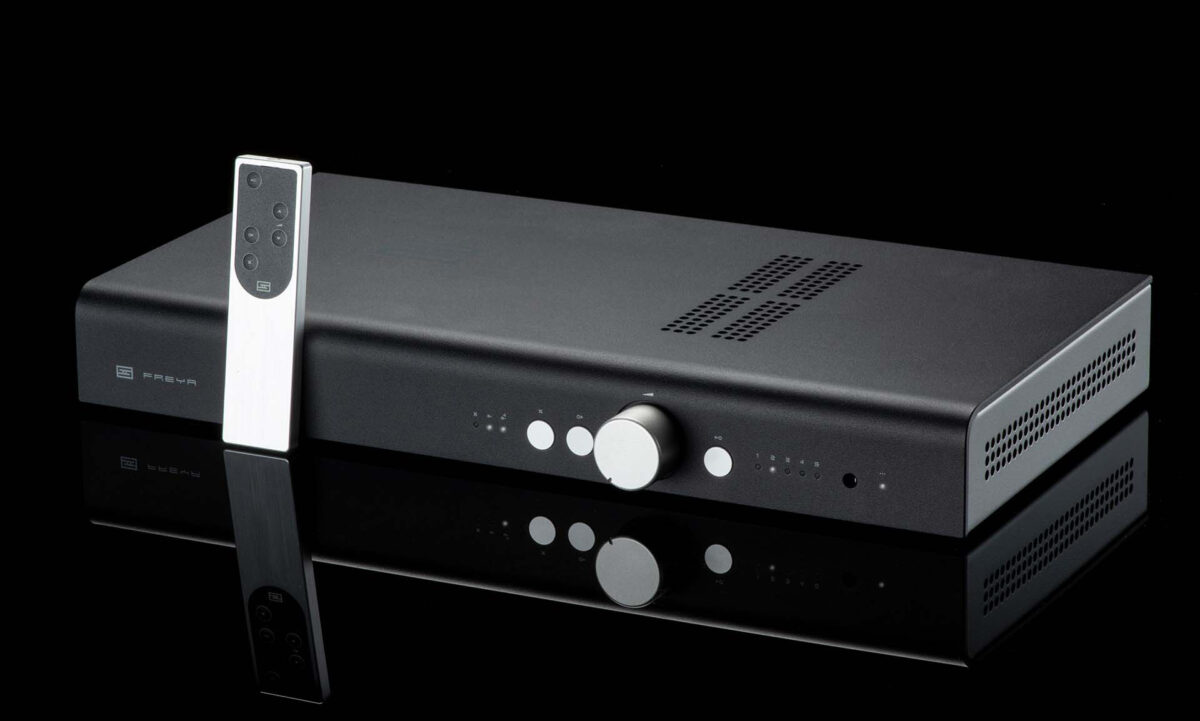Bits Are Just Bits, Or Are They? The English Electric Network Switch
- REVIEW
- by Tom Martin
- Aug 29, 2022

So, I promise, this video and the introduction here are not meant to be incendiary. But, I also realize that this product, the English Electric 8Switch, and others like it, could get people fired up. Much like people get fired up when we review cables. There is a cadre of audiophiles who know that network switches and power conditioners and cables simply cannot affect sound quality. And they often have theories to back up that knowledge.
Which, up to a point seems fine. We all have theories via which we navigate the world. Of course, all theories are not correct. And I would venture that most of them are in some way wrong because they are really models of how the world works that involve some simplification.
We are interested in cables and network switches and other devices (for which there are theories that say they can’t affect SQ) because we have learned to favor a more empirical approach. What I mean is that our reviewers have many, many experiences with theories that seem to be contradicted or refined by actual listening. Listening tests, like measurements and theory, are all partial epistemologies, meaning that they each reveal some, and only some, elements of reality and obscure others. Our experience is simply that if listening reveals some improved sound quality it usually has the benefit of relevance to the ultimate goal of listening to music.
So, I plan to review the English Electric 8 Switch to listen to it and see if I can hear an improvement. Simple. You may object to this on some grounds, and if this upsets you, I am sorry. We are just doing what we do for, we think, good reasons.
I should add that, as I understand it, there are reasons to believe that network equipment might affect sound quality. Some of these are, broadly stated:
• Digital signals are, in fact, analog waveforms, with analog values representing numbers. As analog information, they are subject to some distortions. I don’t know if these distortions matter, but it at least seems possible that, say, a 10 Mhz train of rectangular pulses might not be transmitted perfectly.
• The analog signals derived from digital signals used for music reproduction may be dependent on timing accuracy of the digital signal. Unlike much of what we do with data (e.g. spreadsheets) where timing of the bitstream doesn’t matter up to a point, it is possible that timing distortion (a.k.a. jitter) has an effect on the ultimate analog signal sent to your amplifier.
I cannot emphasize enough that I don’t know if these issues are material or not. But there are engineers who think they may matter, or may matter in certain cases. Essentially the propositions are:
• Jitter (timing differences between the actual digital clock signal and the ideal clock signal) can affect D/A conversion accuracy
• The source of the signal has a clock, which has “source intrinsic jitter”
• The receiver of the signal has a clock, which has “receiver intrinsic jitter”
• Noise on the ground plane of each device generates “threshold jitter”
For a pretty complete explanation of the three jitter-producing mechanisms above, here is a white paper on the subject:
The white paper is written by John Swenson, a network products engineer, so he has some interest in this subject. This doesn’t constitute proof. My intent is to help some of you understand why there is even a question about network switch SQ.
Also, the analysis of the impact of jitter on D/A conversion accuracy (assumption 1 above) has a long history. Here is one paper on the subject which at least suggests that jitter lowers D/A accuracy and that the early idea that noise is the only distortion element is probably an incomplete model:
Again, I don’t say this proves anything, but it may help some of you understand why we consider this an empirically interesting question that our readers might reasonably wonder about.
A brief video introduction to the English Electric 8Switch is here:

By Tom Martin
More articles from this editorRead Next From Review
See all
Oswalds Mill Audio K3 Turntable
- Apr 12, 2024

2023 Golden Ear: Schiit Freya S Preamplifier
- Apr 12, 2024




















